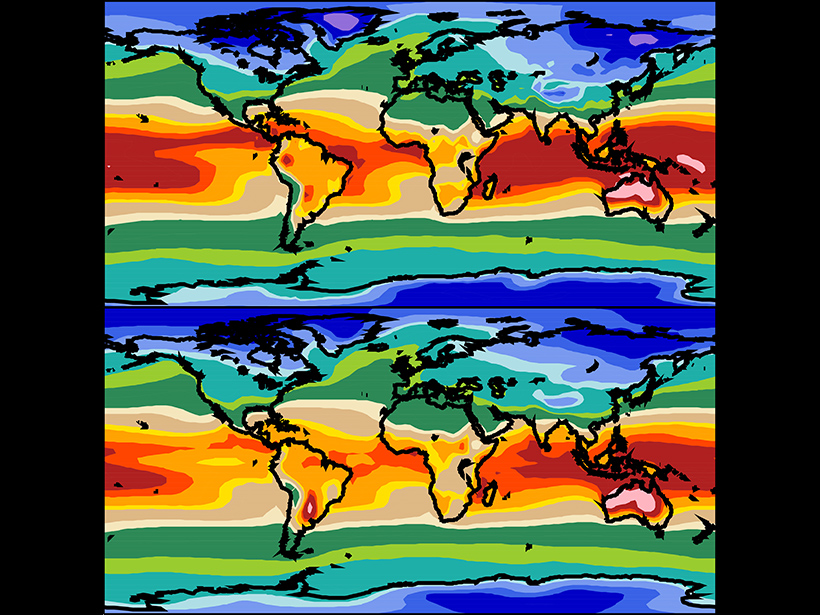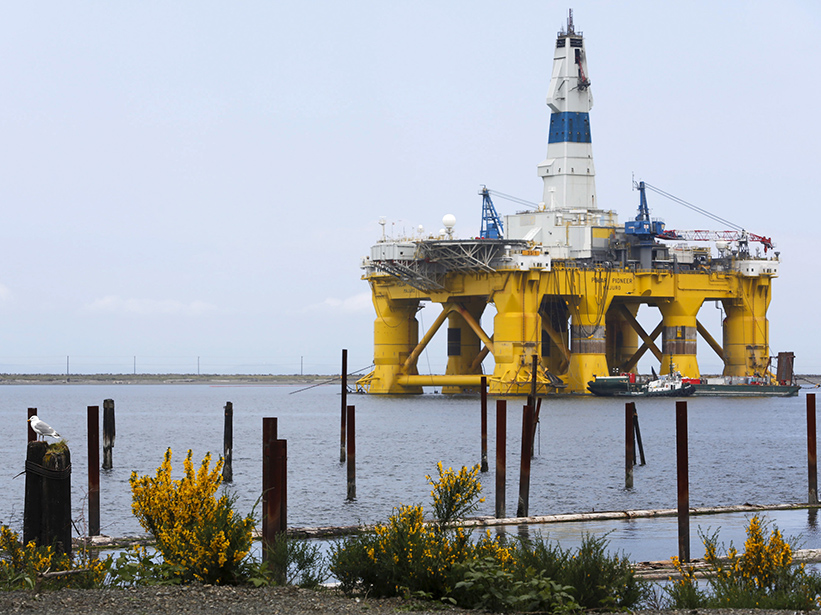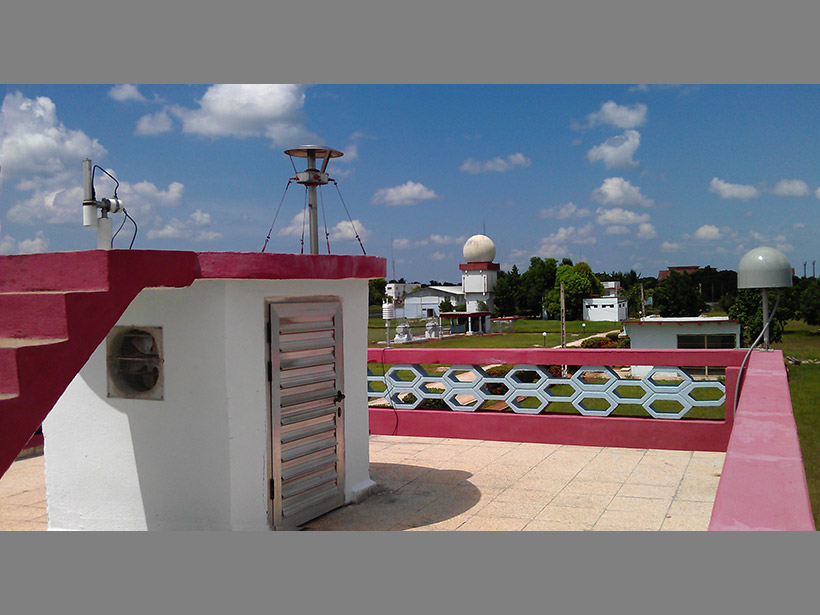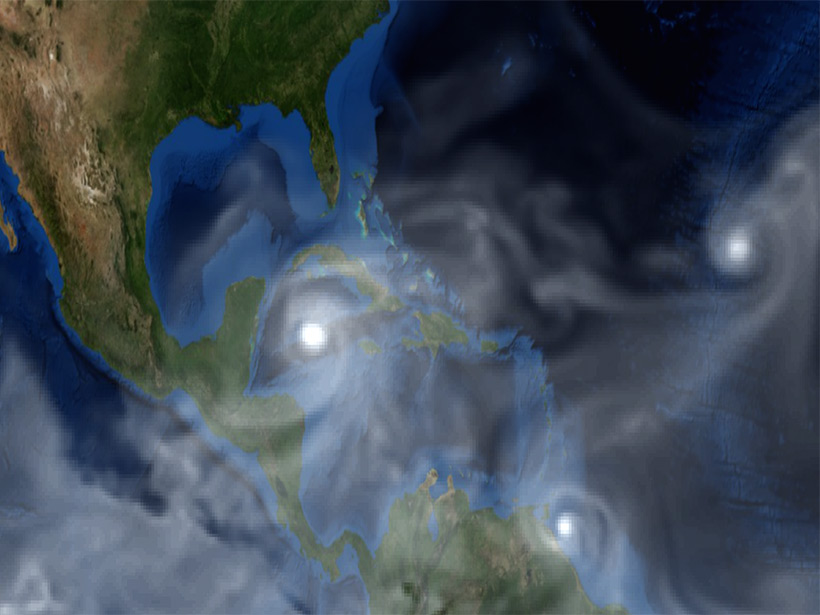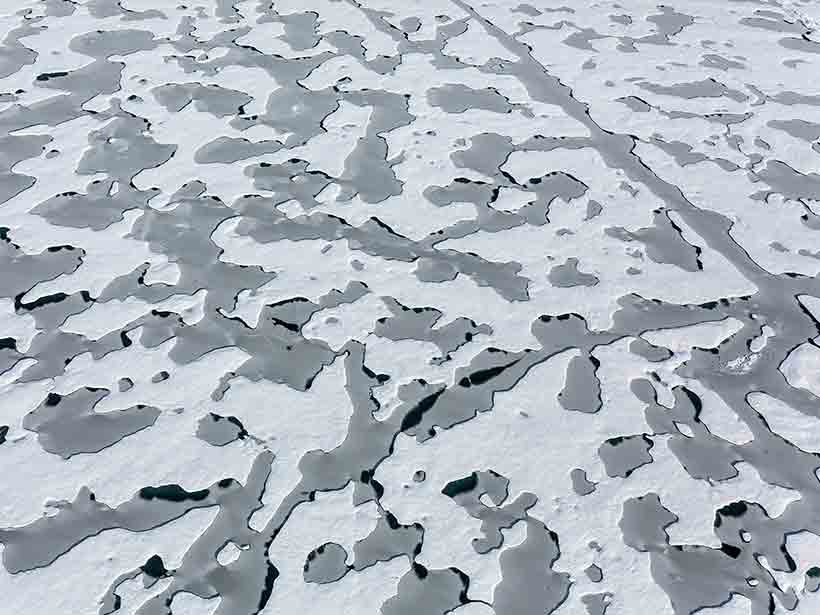After unveiling major planned cuts to climate science early this year, Australia's main science agency proposes a center to coordinate remaining projects. Many decry the proposal as an empty gesture.
Climate Change
A More Powerful Reality Test for Climate Models
A new climate model evaluation package will deliver objective comparisons between models and observations for research and model development and provide a framework for community engagement.
U.S. Arctic Leader: With Shell Oil out, Arctic Lost Attention
Shell's drilling activities in the Arctic drew the world's eyes to the far north and to issues like climate change and oil spills, the U.S. special representative for the Arctic said in a recent talk.
Norway and Cuba Evaluate Bilateral Climate Research Results
XCUBE Workshop; Camagüey, Cuba, 16–18 November 2015
Rapidly Activated Satellite Completes A European Constellation
Sentinel-1B will move to a new orbit on the other side of our planet from its sister spacecraft Sentinel-1A.
Climate Modeling with Decision Makers in Mind
Impact Relevance and Usability of High Resolution Climate Modeling and Datasets; Aspen, Colorado, 2–7 August 2015
Climate Change Influences the Dynamics Behind Tropical Cyclones
A new model reveals how cumulus convection, humidity, and tropical circulations interact as global temperatures rise.
Eating Less Meat, Wasting Less Food Could Save Water Worldwide
In tandem, two strategies could lower water consumption by 28% and ensure better water supply for more than 600 million people.
Challenges and Opportunities in Earth-Human Systems Research
Opportunities for Integration of Remote Sensing, Integrated Assessment, and Adaptation; Aspen, Colorado, 11–16 October 2015
Arctic Sea Ice Extent May Shrink Below 2012 Record Low
Satellite data, field measurements, and readings from "snow buoys" reveal ice thickness patterns similar to those preceding the lowest recorded sea ice extent, which was reached nearly 4 years ago.


